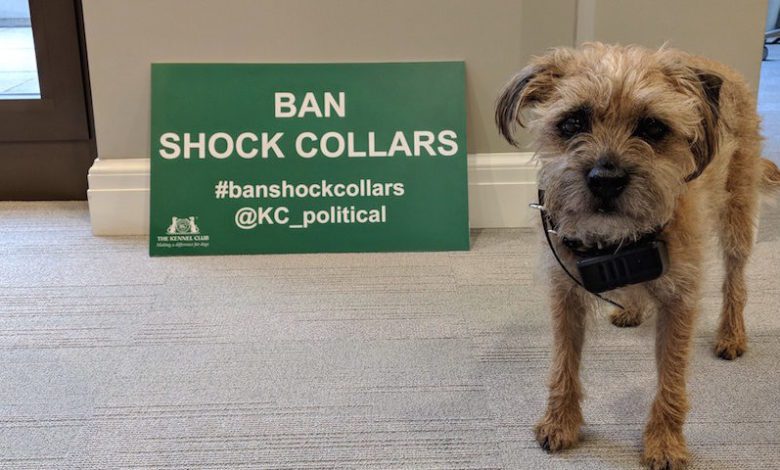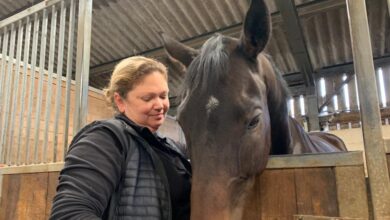Shock collar ban could be announced in England

A ban of the sale and use of shock collars is to be announced across the UK shortly, following a consultation period on the terms of such a ban, including a total import ban and a possible amnesty, according to the Kennel Club.







